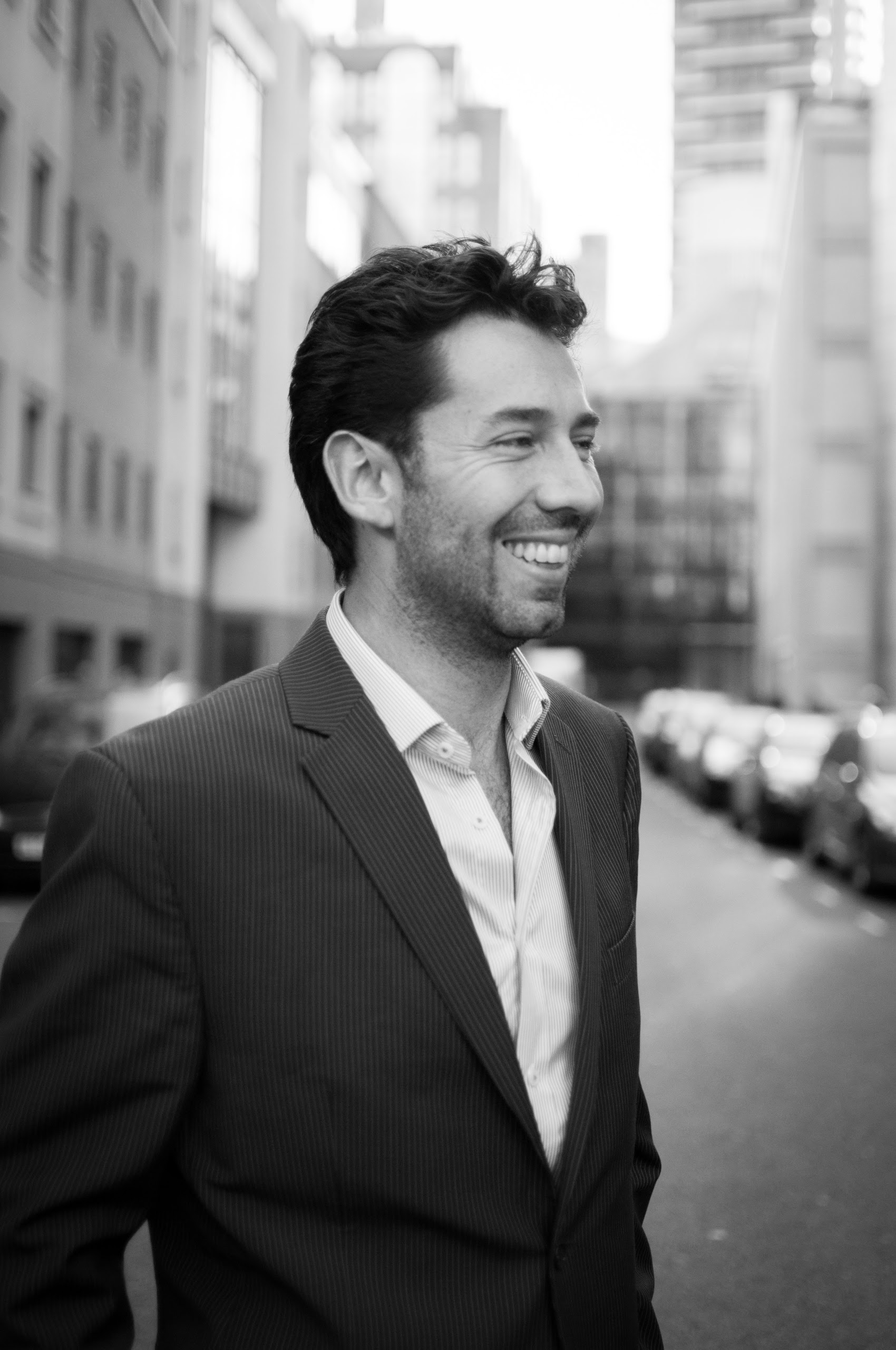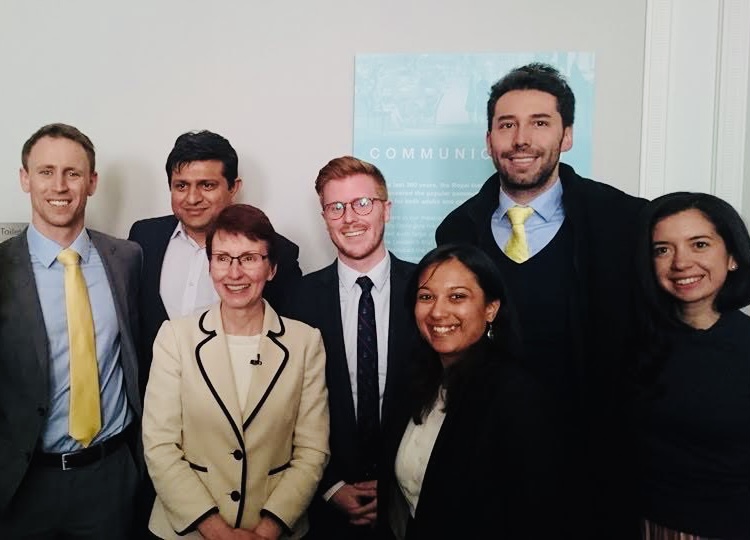To Bayes and beyond: How one MBA graduate is targeting a career in space
Alejandro Leano has seen off the challenge of more than 23,000 hopefuls so far in his bid to join the European Space Agency.
A Bayes Business School graduate says the business skills and learnings from his MBA are proving invaluable in his bid to become an astronaut.
Alejandro Leano graduated from the Full-time MBA in 2016, having previously collaborated with those who led the design of the Mars Exploration Rover in 2004, and helping design turbine blades in power generation and aircraft engines.
Now, 18 months after the European Space Agency (ESA) process began with 23,000 fellows, Alejandro has cleared three stages of the process. This has included detailed screenings, psychological and academic tests in Hamburg, Germany before having to sit individual and panel interviews – in which he was interviewed by one of the current ESA astronauts – psychoanalytical and personality testing and role play scenarios under stressful conditions at the European Astronaut Center in Cologne earlier this year.
The final selection of four-six crew members and reserve astronauts will be announced at the end of the year.

Following a grounding in aerospace engineering and business, Alejandro says the additional skills learned in his MBA have proved invaluable in the ongoing selection process.
Ahead of the final selection rounds, he believes the fundamental interview and team-working skills learned over 12 months at Bayes have put him ahead of other candidates who may have been more suited, in theory, for the job.
“When I first heard about the application process, I thought it was way out of reach as I was no air force pilot,” said Alejandro, who explained that, like France, Britain’s membership of the European Space Agency means British people are eligible to apply. “We don’t have to be destined astronauts from birth and, having had the experience at Bayes I felt confident to apply. Using the tools I learned, and inter-relational skills I developed on the MBA, I have been able to succeed so far.
“Initially my impressions of some of the candidates was ‘wow’, these people are so qualified,” said Alejandro, who describes the process as ‘brutal’. However, having spoken to Bayes faculty, I knew it didn’t matter what odds were, because if you position yourself well and are emphatic about your strengths you can do better than you think. Skills in communication, reasoning, dealing with frustration and language barriers meant I felt well equipped having done the group testing at Bayes – be it organisational behaviour or strategy work.
“For me, despite being an aerospace engineer, much of my career has been spent in business. When I decided to do the MBA, it was to seek the tools to pivot into an entrepreneurial aerospace venture but skills I learned on the MBA such as self-confidence, self-motivation, risk management placed me well to transition. Once in the process, all the team exercises, challenges, preparation, and cohort debates gave me an incredible insight into how to prepare for the interviews.”
 Alejandro, second from right, with fellow MBA students and UK astronaut Helen Sharman, third from left, at Bayes London Symposium in 2016
Alejandro, second from right, with fellow MBA students and UK astronaut Helen Sharman, third from left, at Bayes London Symposium in 2016
Alejandro is hoping to follow in the footsteps of the likes of Tim Peake, who was among the six astronauts selected the last time this kind of selection process was conducted in 2008.
The aerospace engineer says he wants to help tackle ethical issues in spacefaring which include overcrowding of satellites and vessels in Low Earth Orbit, collateral damage from space debris, as well as conceiving regulation that would fairly distribute ownership of territory and resources on the moon and Mars as space exploration increases.
Alejandro concludes: “Improving the quality of life on Earth is motivational. For example, the compound added in baby formula to aid its ingestion was discovered in algae in trying to improve astronauts’ ingestion of nutrients in space. There is so much to learn.”
Dr Dimitris Paraskevopoulos, Full-time MBA Course Director, said: “I am particularly proud of Alejandro’s career path and his achievements. It is great to hear that the learnings and skills acquired during his MBA at Bayes proved invaluable in his career and especially in his application process for becoming an astronaut. Regardless of the result, this is an extraordinary experience with unique learning outcomes. C’mon, Alejandro, you can make it!”
Ends
